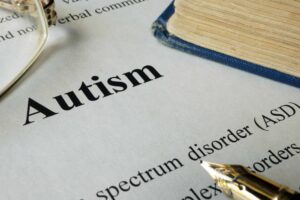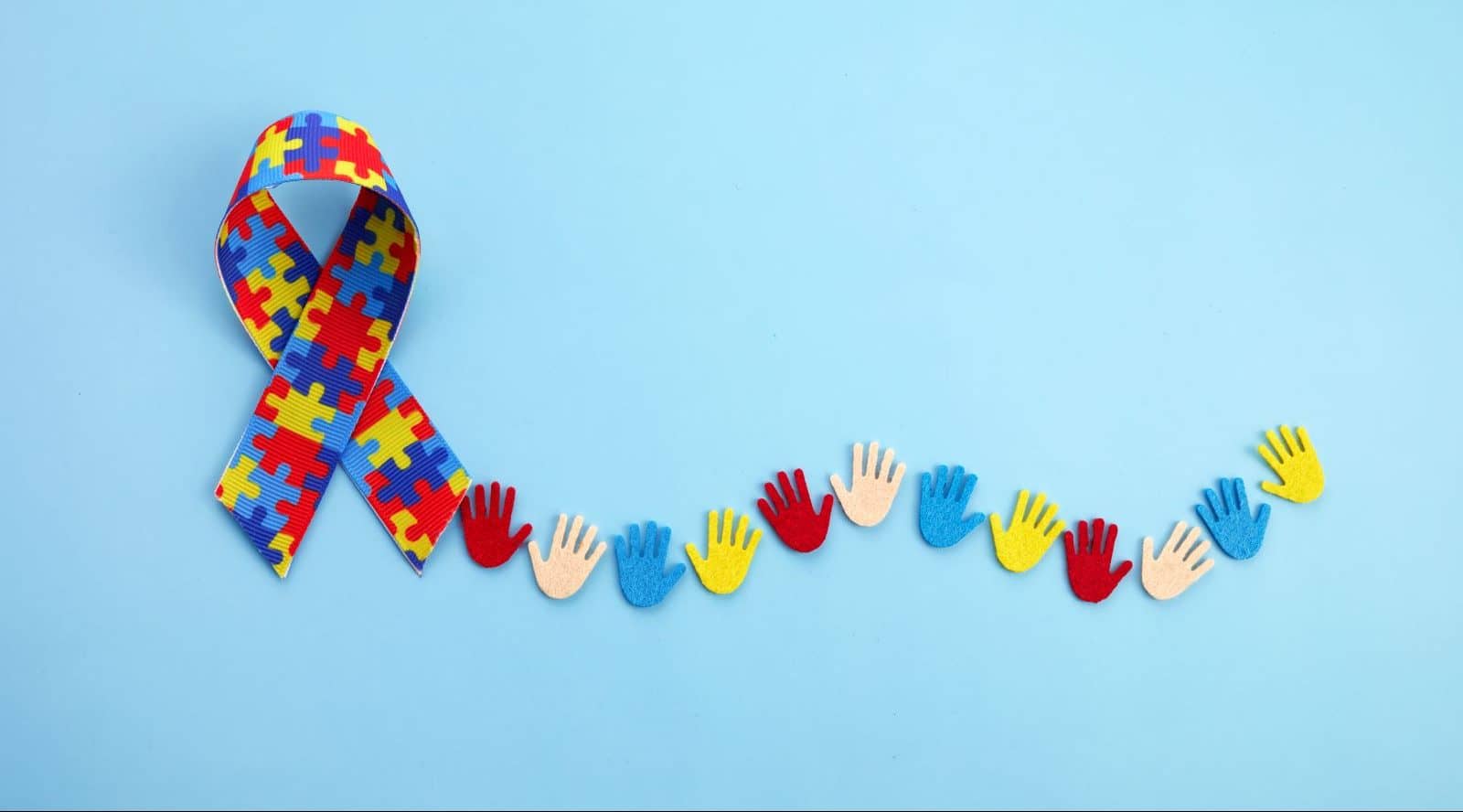Persistent misconceptions about autism in Nigeria are being fuelled by deep-rooted cultural beliefs and misinformation, according to the President of the National Society for Autism-Nigeria (NASAN), Mrs Ronke Katagum. Speaking in an interview on Friday in Abuja, she addressed the challenges families and individuals on the autism spectrum continue to face due to widespread myths and stigma.
Autism Spectrum Disorder (ASD) is a neurodevelopmental condition characterised by repetitive and restricted behaviours, as well as difficulties with social interaction and communication. However, societal misunderstandings have led many to misinterpret its causes and manifestations.
Katagum explained that several Nigerians mistakenly attribute autism to supernatural forces. “Some believe that autism is caused by witchcraft or spiritual attacks. Many families attribute it to curses, ancestral wrath, or evil spirits, which leads them to seek help from traditional healers and religious centres instead of medical professionals,” she said.
She further pointed out the harmful belief that autism stems from poor parenting or neglect. Another widespread and damaging notion, she said, is the idea that children with autism cannot learn or achieve meaningful goals. Such misconceptions have led to a lack of investment in their education and therapy.
“Another myth is that autism is contagious. Though this stems from ignorance, it causes some people to avoid interacting with individuals on the spectrum out of fear of ‘catching’ it,” she noted.
Katagum also criticised the ongoing circulation of the debunked belief that vaccines cause autism, a misconception that continues to contribute to vaccine hesitancy in parts of Nigeria.

To combat these harmful narratives, the NASAN president stressed the importance of community awareness and education. She urged the government, private sector, and the general public to take collective action in improving the lives of those living with autism.
Katagum called on authorities to implement policies that protect the rights of individuals with autism and ensure they have equal access to essential services such as education, healthcare, and employment. “Funds should be allocated for autism research and early detection programmes. These can include assessments during routine immunisations for infants, along with providing affordable intervention services,” she said.
She underscored the need for investment in training healthcare professionals, educators, and therapists to ensure they can deliver the appropriate care and support.
In addition, Katagum encouraged companies to adopt inclusive hiring practices that recognise the unique talents of individuals on the spectrum. She also suggested that Corporate Social Responsibility (CSR) funding could be used to support initiatives such as early intervention centres or scholarships for families affected by autism.
Highlighting the role of the wider society, she advocated for a culture of inclusion, dignity, and peer support. “We must treat individuals with autism with dignity, support community-based initiatives that provide peer support, and engage volunteers to assist in schools, therapy centres, and advocacy organisations,” she said.
Katagum concluded by calling for stronger policies and increased funding for autism-related services at all levels of government.

